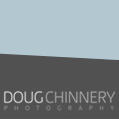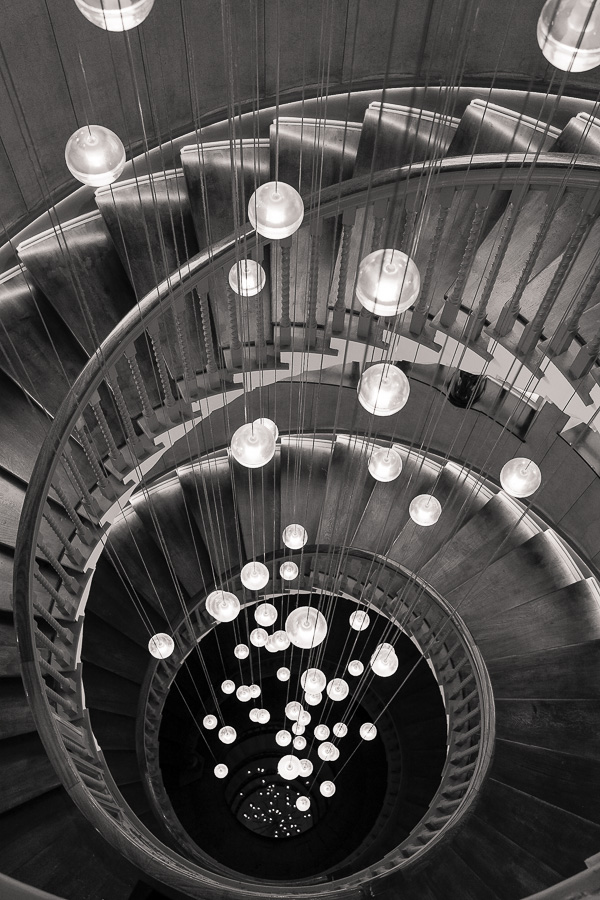I have just read a superb piece by photographer David Noton in his dispatches column. Davids writings are always worthwhile reading. He is a seasoned pro with a ton and a half of experience and enthusiasm. In this article he tells it like it is and I agree with every word. For those thinking about making a living from photography it should become required reading. My experience as a pro is exactly the same as his.
Well, I say ‘exactly’, but that is not strictly true. My career path has a slight difference, but one I think more should consider.
David came out of the Merchant Navy and decided to go to college to study photography before going on to make his career taking pictures. I have never been to college (except to teach photography, ironically). I came at it from a totally different angle and one I imagine many of you will be approaching it.
My background is in sales and marketing management. My college and university studies are in business management. Photography was, and is, a passion. Then came the inevitable plea from a friend to photograph their wedding and this led to more and more job offers. Five years later I earn the bulk of my income from photography. I consider myself a professional. But I am still not a pure professional. I still work for my old firm. I am extremely fortunate to have a boss who allows me time to pursue my photography business. Five years down the line from that first wedding I am at a crunch point. Do I cut my final ties with the business world and take the plunge and become 100% a photography pro?
Read Davids article and consider the risks and challenges. Photography is a precarious profession. The competition from others far more skilled than most of us is fierce. Those paying for our services are paying less and less each year. As a result I have decided to continue as I am for a while longer. It is so tempting to have a romantic view of being a photographer but the whole subject has to be approached with the view of a hard nosed business man, not a romantic. I have a wife who depends on my and a bank who expects me to pay the mortgage on time. My bank manager is not a romantic!
The income from my company gives a measure of stability. I can depend on it and with it comes a car and other benefits (like holiday pay, a phone, sick pay etc The self employed will tell you how much you should value these things if you have them). The economy is unstable at present and as much of my income comes through my workshops I have to be realistic and realise taking workshops is a luxury for my clients, it is something they can quite easily cut back on if things get tight for them. I have managed to wean myself off of weddings and portrait photography. I don’t enjoy it and while it brings in the cash I am pleased to say goodbye to it (my last wedding is next week!… unless people want to pay me a lot more than I have been charging, weddings are the most stressful thing I do and the hourly rate all things factored in is the lowest I make).
I think any of you thinking about a career in photography should consider this approach. Maintain a core part time job, whatever that might be, and build a business in photography to run alongside it. At first the money will help you buy kit and get set up. Then it will help pay the mortgage. Maybe one day you will feel secure enough to take the plunge and cut loose altogether and that will be great, but if not, you can do what you love without much of the stress and worry being a full time pro brings. Sure, you can’t say you are a true ‘pro’. Real pro’s will always view you as ‘not quite the ticket’. But they will envy you. You will sleep a little better at night.
Remember, most photographers fail in their businesses. They fail, not because they are poor photographers. Rather they fail because they can’t run a business. As David forcefully writes in his article, you need to be able to sell yourself. Few people are able to cold call. Few can take the rejection. People putting phones down on them. Buyers telling them to get lost or that their work is rubbish. Few are able to cope with boring assignments making ugly things look wonderful. I have had to photograph gas valves. Palletts. Sewers. The romance of photography kind of evaporates when you are stood up to your knees in raw sewerage and then have to plunge your beloved carbon fibre tripod down in to it too… and then try and take images which make it look interesting. Those mornings you imagine standing on some stunning beach photographing the sunrise for money are very rare. More often than not, especially in the early days, you will be on an industrial estate somewhere trying to show enthusiasm to your client whose life is absorbed by magnetic hinge design.
There are few photographers who make it to David Notons position in life. He must earn a considerable amount each year and he gets to go places we can only dream of, but he openly admits he doesn’t feel secure and he now has nine people on his team being at least partly dependant for their financial lives on his shoulders.
I have no doubt I will be taking the big step in the near future, but I won’t do it until I am sure the time is right. I want to do it now. I am a romantic at heart, but I have to be hard-nosed right now. For now having the support of a second income is the best solution. I am patient. I can wait. If you are thinking of building a photography business in whatever field of photography you are keen on, I encourage you to take a similar approach. Have a second source of income until you know the photography business is right for you and that you can survive on what it brings.



